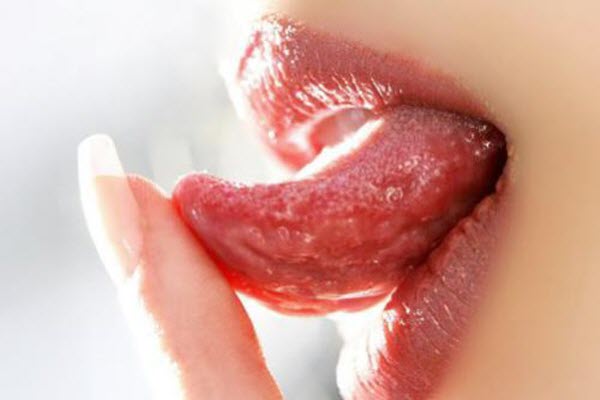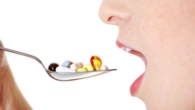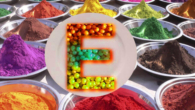
The tongue can show health problems: scientists told how to recognize
0
Australian dentists have found that white spots, inflamed lumps and swelling of the tongue can indicate health problems.
Experts at Emergency Dentistry Sydney have explained how the tongue can give clues about your general condition health.
White tongue. White spots on the tongue usually develop due to poor oral hygiene, smoking or chronic alcohol consumption. Adjust your daily oral hygiene by brushing your tongue with the bumpy back of a toothbrush.. But if there is no difference after a week or two, it is recommended to see a doctor for a check-up.
“White spots and bumps on the tongue also can often be caused by a yeast infection or can be a sign of a disease called leukoplakia, which is often caused by the use of tobacco or alcohol, experts say.
Pink tongue. It can indicate that your taste buds are not responding well to certain foods, stress, or even a vitamin deficiency like folic acid or B12.
One of the most common causes is dry mouth, so it's best to avoid dehydration . A bright, strawberry-like cough accompanied by sore throat is often a sign of an infection, such as acute pharyngitis or even scarlet fever. The disease can be easily treated with antibiotics, so it is recommended to see a doctor immediately for a checkup.
Tiny balls. Lumps on the tongue are often caused by food you've recently eaten, especially if it's spicy or hot. They usually go away on their own fairly quickly, but if you feel discomfort in your mouth, they could be sores or cold sores.
Swollen tongue. After a reaction to a very hot cup of coffee or an accidental bite, slight swelling of the tongue may develop. The swelling goes away on its own, but experts suggest that sucking on an ice cube can help speed up the process.
If the swelling is severe, it may be a sign that you are allergic to certain foods.
How to care for your tongue
- Brush your teeth twice a day: it is important to brush thoroughly. with soft bristles to remove any build-up of bacteria in the mouth. Be sure to pay attention to your gums, brush where they meet, and floss.
- Avoid sugar: Bad bacteria in your mouth can damage tooth enamel. Reduce your sugar intake to reduce bad bacteria and improve your overall oral health.
- Quit smoking: Smoking can lead to tooth staining, gum disease, tooth loss and, in more serious cases, oral cancer. If you smoke, think twice about your next cigarette.
- Drink plenty of water: Dry mouth or lack of saliva can lead to oral disease. Drinking enough water can help keep your mouth moist. Fluoride in tap water also helps prevent decay.









Leave a Reply